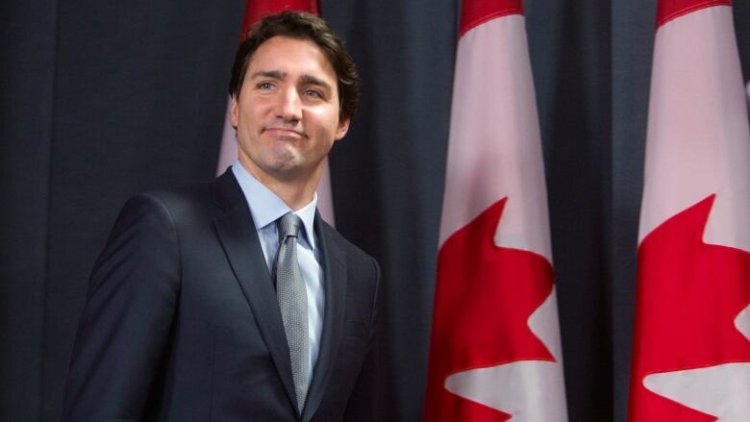Canada to Introduce Stricter Standards for Colleges Amid Concerns of Overreliance on Foreign Students
Canada's Immigration Minister Marc Miller has announced a franework that will make universities and colleges to set a higher standard for services, support and outcomes for international students, starting in time for the fall 2024 semester.

The Canadian government has announced plans to implement new measures aimed at tightening standards within the country's colleges in response to concerns that the education sector may be excessively relying on foreign students, potentially impacting housing and the labor market.
According to a report from Bloomberg, Canada's Immigration Minister, Marc Miller, unveiled a framework designed to establish higher standards for services, support, and outcomes for international students. These measures are set to be in place starting from the fall semester of 2024.

Schools that meet these elevated benchmarks will receive priority for student visa processing. The availability of suitable housing will be one of the key criteria for institutions to consider.
Moreover, institutions will be required to directly confirm the acceptance of each applicant with the Canadian government, starting from December 1.
In addition to these changes, Miller's department will conduct a review of the post-graduate work permit program and introduce reforms to ensure that it aligns with the labor market's needs.
This move is in response to growing concerns that Canadian educational institutions may be relying too heavily on international students as a source of funding. Foreign students are charged an average of five times as much as Canadian students. This has led to the emergence of colleges catering to international students in various locations, including strip malls and temporary buildings, notably in the Toronto suburb of Brampton, where Minister Miller made this announcement.
Miller noted, "We know that there has been consistent underfunding of post-secondary education, particularly by provinces, depending on the province, over the years – and institutions are smart and have adapted to that. That has gone through at times opportunistic fees that have been charged to international students to close a gap that is really an unnatural one and shouldn't be the case in a country like Canada."
As provincial funding for post-secondary institutions has declined, institutions have come to rely more on tuition fees. This shift has led to a decrease in provincial funding as a share of revenue, falling from 42% in 2001 to 35% last year. Ontario, Canada's largest province, has also frozen tuition fees for Canadian students for the past three years.
In the 2019-2020 academic year, foreign students contributed 37% of tuition fees at Canada's universities. By 2021, these students were estimated to have paid 68% of tuition fees at Ontario's colleges.

The number of foreign students in Canada has more than tripled in about a decade, reaching over 800,000 last year. Many international students view college admissions as a pathway to gain permanent residency in Canada.
While there have been reports that Canadian Prime Minister Justin Trudeau's government might introduce a cap on international student visas, Minister Miller has rejected this idea. He emphasized that the experiences of international students are too diverse and complex for a one-size-fits-all solution and that provinces play a primary role in accrediting learning institutions.
International education contributes significantly to the Canadian economy, bringing in over C$22 billion ($16 billion) annually and supporting more than 200,000 jobs, according to Miller's office. This economic impact surpasses Canada's exports of auto parts, lumber, or aircraft.





